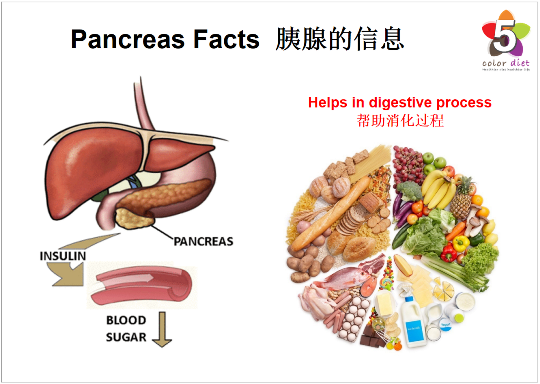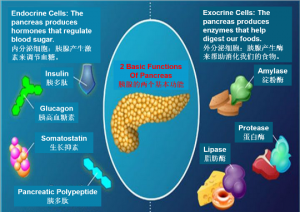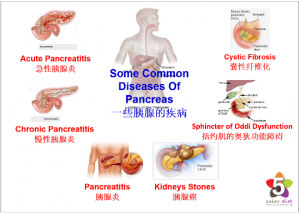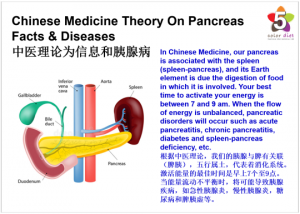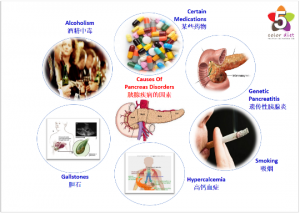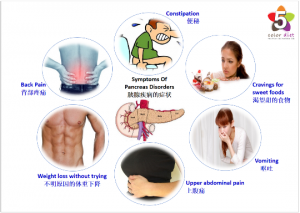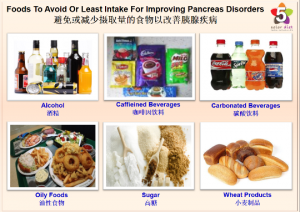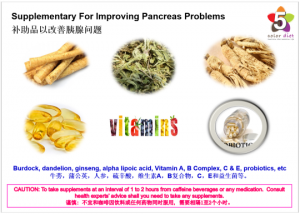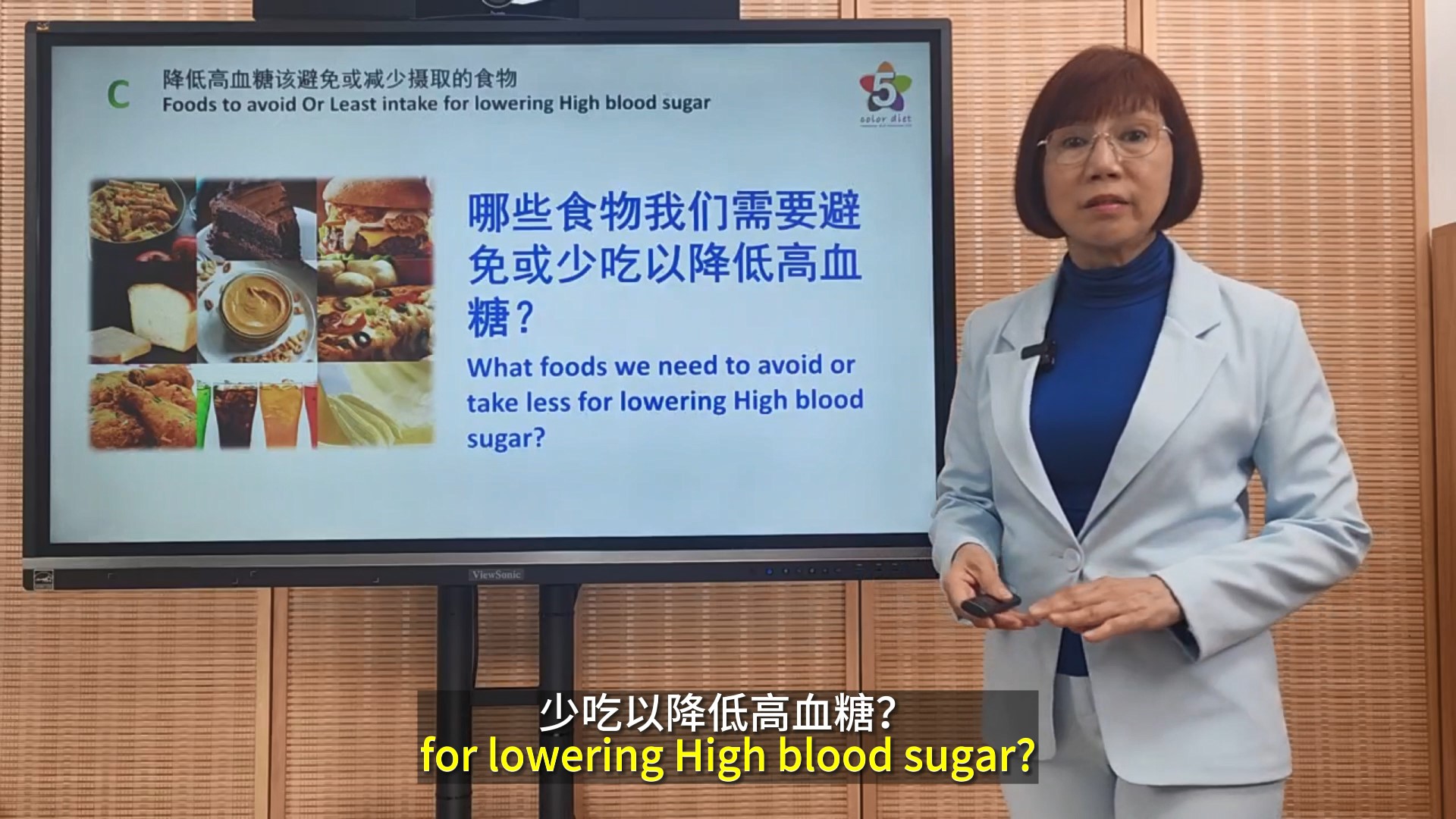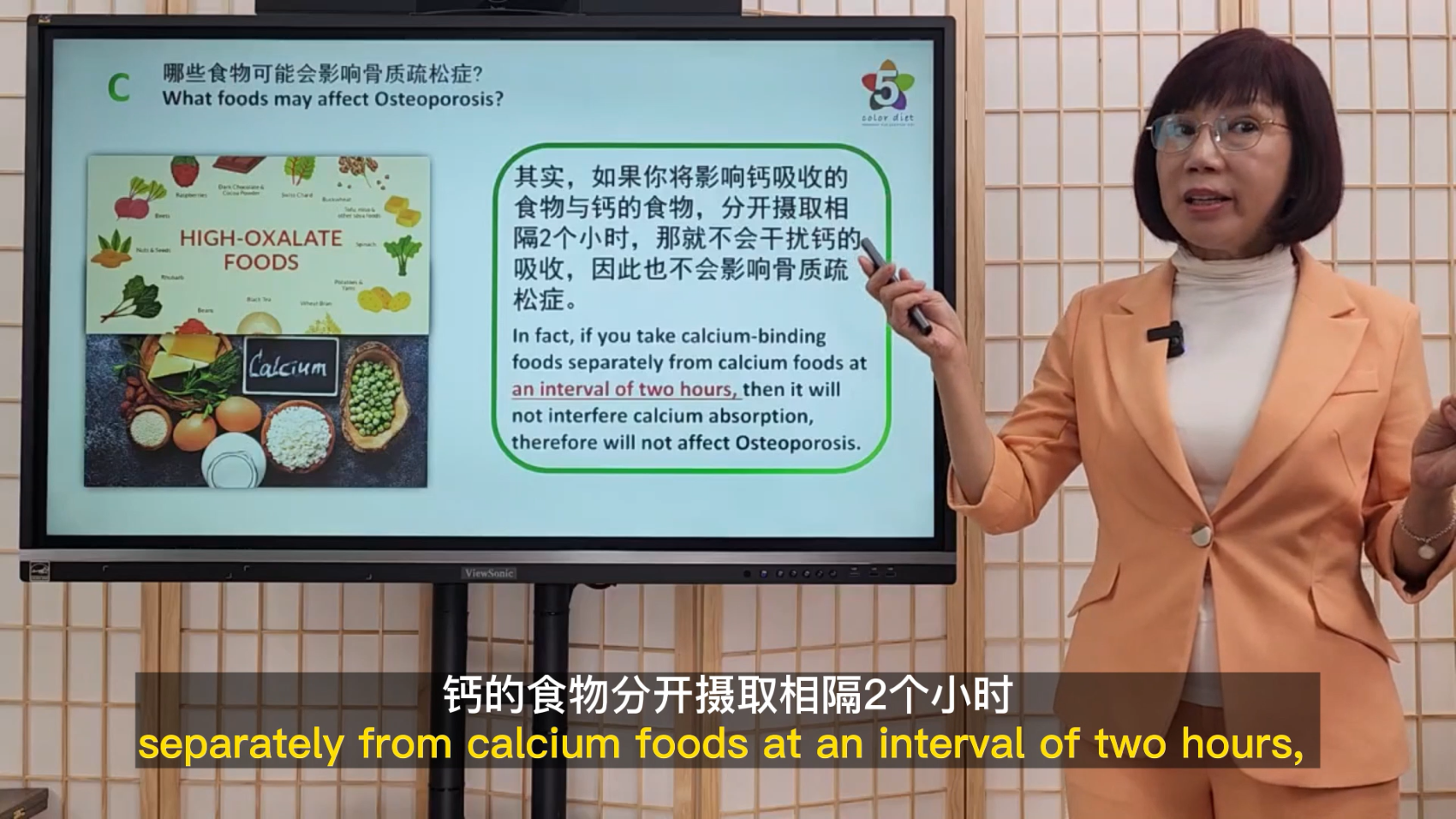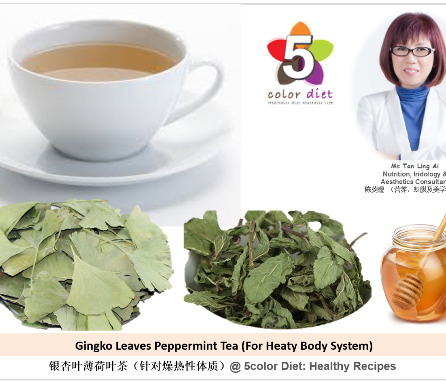
Pancreas Overview
Pancreas is a gland or pear-shaped sac that is located in the abdomen and is about six inches long. Around are the stomach, small intestine, spleen, liver, and gallbladder. The wider end of the pancreas is called the head, the middle body is called neck and the thinner end is the tail. The pancreatic duct passes through the entire pancreas transporting pancreatic secretions to the first part of the small intestine, called duodenum.
It has two basic functions: endocrine & exocrine cells of pancreas.
(1) Exocrine cells’ function of our pancreas is to develop enzymes that help the digestive process. This release of enzymes occurs when food enters the stomach, enzymes that are released into the duodenum to aid digestion of fats, carbohydrates and proteins in food. Pancreatic enzymes join with bile (the liquid produced in the liver and stored in the gallbladder) to digest food.
(2) Endocrine cells’ function of our pancreas is where the body produces hormones or substances that circulate in the bloodstream to affect another part of the body differently. These hormones are insulin and glucagon. Insulin has the function of lowering the level of blood glucose while glucagon increases it. They work together to maintain the right balance of glucose (sugar) in the blood.
Risk Factors For Pancreas Diseases
● Age: The risk of developing pancreatic cancer increases with age. Most people who develop pancreatic cancer are older than 45. In fact, 90% are older than 55 and 70% are older than 65. However, adults of any age can be diagnosed with pancreatic cancer. More men are diagnosed with pancreatic cancer than women.
● Bacteria: A common bacterium called Helicobacter pylori, also called H. pylori, causes inflammation and ulcers in the stomach. Infection with H. pylori increases the risk of stomach cancer and pancreatic cancer. However, the risk of developing pancreatic cancer is not as high as the risk of developing stomach cancer.
● Chemicals: Exposure to certain chemicals such as pesticides, benzene, certain dyes, and petrochemicals may increase the risk of developing pancreatic cancer.
● Chronic Pancreatitis: Pancreatitis is the inflammation of the pancreas, a painful pancreatic disease. Some research suggests that having chronic pancreatitis may increase the risk of developing pancreatic cancer.
● Cirrhosis: Cirrhosis develops when liver cells are damaged and are replaced by scar tissue. Most cirrhosis is caused by alcohol abuse. Other causes are viral hepatitis, too much iron in the liver from a disease called hemochromatosis, and some other rare types of chronic liver disease.
● Diabetes: Many studies have indicated that diabetes, especially when a person has had it for many years, increases the risk of developing pancreatic cancer. In addition, suddenly developing diabetes later in adulthood can be an early symptom of pancreatic cancer. However, it is important to remember that not all people who have diabetes or who develop diabetes as adults develop pancreatic cancer.
● Family History: Pancreatic cancer may run in the family, called familial pancreatic cancer, if at least 2 members of the family who are first-degree relatives, such as a parent, child, or siblings, or at least 3 members of the family have pancreatic cancer.
● Hepatitis B infection: Hepatitis viruses infect the liver. One study has shown that a previous Hepatitis B infection was twice as common in people with pancreatic cancer than in people without the cancer.
● Obesity & Diet: Regularly eating foods high in fats is a risk factor for pancreatic cancer. Research has shown that obese and even overweight men & women have a higher risk of being diagnosed with and dying from pancreatic cancer. Chronic, heavy alcohol use can also increase the risk of pancreatic cancer, most likely by causing recurrent pancreatitis.
● Race/ Ethnicity: Black people are more likely than Asian, Hispanic, or white people to develop pancreatic cancer. People of Ashkenazi Jewish heritage are also more likely to develop pancreatic cancer.
● Rare inherited conditions: Members of families with certain uncommon inherited conditions also have a significantly increased risk of pancreatic cancer, as well as other types of cancer. These include the following:
(1) Hereditary pancreatitis (HP), which is a condition associated with recurrent pancreatitis and an increased risk of pancreatic cancer
(2) Peutz-Jeghers syndrome (PJS)
(3) Familial malignant melanoma and pancreatic cancer (FAMM-PC)
(4) Hereditary breast and ovarian cancer (HBOC) syndrome
(5) Lynch syndrome
People with the following inherited conditions may also have a higher risk of pancreatic cancer:
(1) Li-Fraumeni syndrome (LFS)
(2) Familial adenomatous polyposis (FAP)
● Smoking: People who smoke are 2 to 3 times more likely to develop pancreatic cancer than those who do not smoke.
Other Possible Risk Factors: Hemolytic uremic syndrome (HUS) & thrombotic thrombocytopenic purpura (TTP); Metabolic disorders (Eg: hyperparathyroidism); Obstructions in the biliary system; Peptic ulcer (occurs in the lower end of the esophagus, the stomach or the duodenum); Systemic lupus erythematosus, Viral infections (Eg: mumps & coxsackievirus, etc).
Common Diseases of Pancreas
● Acute Pancreatitis.
● Chronic Pancreatitis.
● Pancreatitis.
● Pancreatic Cancer.
● Sphincter of Oddi Dysfunction.
● Cystic Fibrosis, etc.
World Diabetes Statistics in 2013
-
Chinese Medicine Theory On Pancreas Facts & Diseases
In Chinese Medicine, our pancreas is associated with the spleen (spleen-pancreas), and its Earth element is due the digestion of food in which it is involved. Your best time to activate your energy is between 7 and 9 am. When the flow of energy is unbalanced, pancreatic disorders will occur such as acute pancreatitis, chronic pancreatitis, diabetes and spleen-pancreas deficiency, etc.
(1) Acute Pancreatitis: It refers to sudden-onset inflammation of the pancreas. This disorder is caused when the pancreas becomes inflamed as a result of enzymes not leaving the pancreas. It leads to burning and irritation, and the enzymes may also eat into the abdominal cavity.
(2) Chronic pancreatitis: It refers to recurring episodes of inflammation. When inflammation persists, it destroys part of the pancreas and reduces its ability to function.
(3) Diabetes: Diabetes occurs either when the pancreas stops producing insulin or the body is unable to use the insulin it produces. Both conditions will result in glucose, the body’s fuel, not being absorbed by the cells and building up in the bloodstream. Insulin is needed to be present and working for this absorption into the cells to occur. There are two types of diabetes.
(i) Type 1 Diabetes is insulin dependent and diabetics must inject themselves with insulin daily to control blood sugar levels.
(ii) In Type 2 diabetes, the body produces its own insulin, but the cells are unable to respond to it properly. This form of diabetes is associated with obesity and in some cases pregnancy. Complications of high blood sugar levels can result in kidney damage, eye damage, nerve damage and increased risk of stroke or heart attack. For more details, refer to Diabetes Facts …
(4) Spleen-pancreas deficiency: High consumption of cold foods & beverages, deep-fried foods, raw foods & sugary foods & beverages, etc will weaken the spleen-pancreas’ energy, leading to Spleen Dampness, Stomach Heat and Phlegm.
Detoxification through taking the right food sources & herbs is one way to help eliminate toxic substances from our Pancreas naturally & improve Pancreas’s health. The detoxification systems of our body need to be in priority order because each organ need to cleanse its toxins or the toxins will spread to other organs. Advisable to follow the detoxification system’s in priority order…
-
Causes of Pancreas Disorders
● Abdominal surgery.
● Alcoholism.
● Certain medications.
● Cigarette smoking.
● Cystic fibrosis.
● Endoscopic retrograde cholangiopancreatography (ERCP), when used to treat gallstones.
● Family history of pancreatitis.
● Gallstones.
● High calcium levels in the blood (hypercalcemia), which may be caused by an overactive parathyroid gland (hyperparathyroidism).
● High triglyceride levels in the blood (hypertriglyceridemia).
● Infections.
● Injury to the abdomen.
● Mumps.
● Pancreatic cancer.
● Unhealthy diet in sugary foods & beverages such as cakes, candies, cookies, pastas & white bread, etc which can cause blood sugar imbalances that can lead to diseases like diabetes.Symptoms of Pancreas Disorders
● Back pain.
● Bloatedness.
● Constipation.
● Cravings for sweet foods.
● Diarrhea.
● Loss of appetite.
● Nausea.
● Oily, smelly stools (steatorrhea)
● Pain in the chest.
● Slow digestion.
● Swollen or distended abdomen.
● Spots (on Pancreas).
● Unexplained weight loss.
● Upper abdominal pain.
● Vomiting. -
Recommended Food Sources For Improving Pancreas Disorders
● Barley, beetroot, bitter gourd, carrot, burdock, Chinese barley, corn, cinnamon, garlic, green leafy vegetables, legumes, liquorice, lotus seeds, mushrooms, olive leaf, onions, pumpkin, seaweed & whole grains, etc.
● Take more small meals & high diet in protein & fiber.
● For Spleen-Pancreas Deficiency’s recommended food sources: Refer to Gastrointestinal System Facts under Spleen Imbalances Recommended Food Sources… - Foods To Avoid Or Least Intake For Improving Pancreas Disorders
-
Supplementary for For Improving Pancreas Problems
● Herbs: Burdock, Cordyceps, Dandelion, Echinacea, Garlic, Ginseng, Grapeseed, Licorice, Milk Thistle, Olive leaf & Royal Jelly, etc.
● Amino Acids, Vitamins & Minerals: Alpha Lipoic Acid, Co-Enzyme Q10, L-Cysteine, Lecithin, Methionine, Vitamin A, Vitamin B Complex, Vitamin C with Bioflavonoids, Vitamin E, Calcium, Chromium, Choline, Magnesium & Selenium, etc.
● Probiotics with Prebiotics: Dosage of acidophilus/ probiotic: For children below 1 year old: take 500 million to 1 billion daily. For children 1 to 12 years old: take up to 5 billion daily. For adults: take up to 10 billion daily.Note:
(1) To take supplements at an interval of 1 to 2 hours from caffeine beverages or medication.
(2) Consult health experts’ advice shall you need to take any supplements, especially if you are pregnant, breastfeeding or having any medical conditions.
- Alternative therapies for Improving Pancreas Problems












